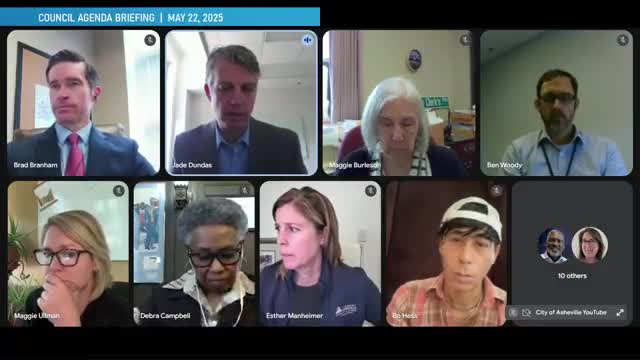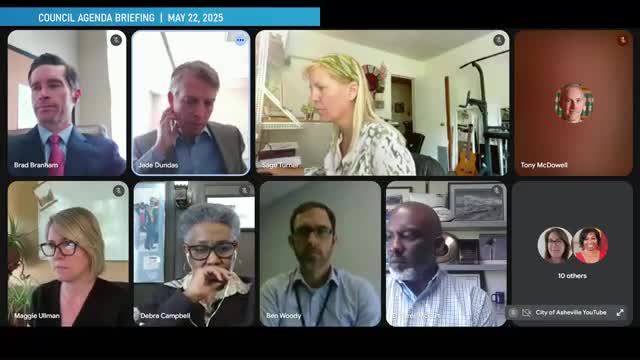Article not found
This article is no longer available. But don't worry—we've gathered other articles that discuss the same topic.

Mayor says joint city-county letter to NCDOT on I-26 connector is signed; council members ask for full council review

Council briefed on Malvern Hills Park improvements and pool design; survey results posted online

Council briefed on rezoning request for 46 Green Hill Ave. to allow residential development

Council committee recommends approval of additional loan for Fairhaven Summit; city interest totals about 10% of project cost

